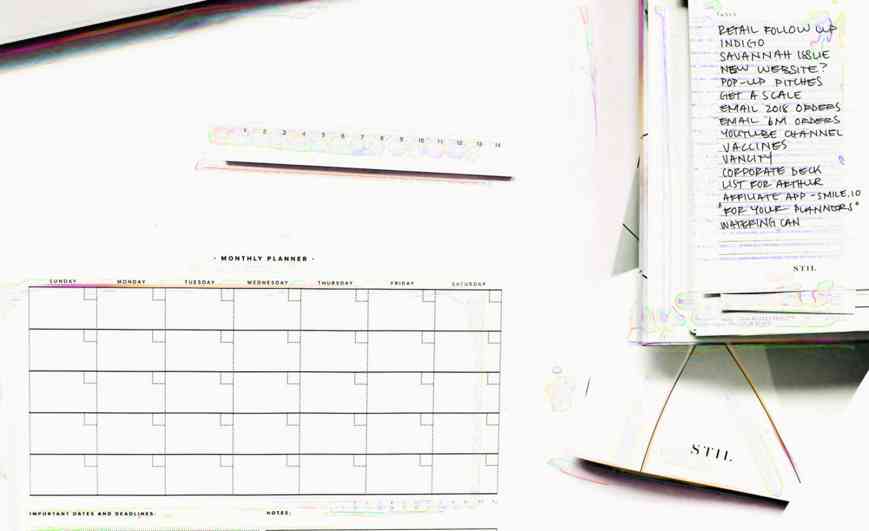Writing Approaches, How To Turn Words Into Books
Knowing that you need to sit down and just start writing, do you still struggle to get started?Worry no more! Here is some basic advice on how people approach writing a story or a novel. Please note that poems or non-fiction won't really be covered here since this is written from the angle of a novel writer.
The Common Approaches To Writing
There are multiple common approaches to writing. Neither of them is inherently superior. Writers pick the one that works for them, so if in doubt, you should give them a try and find out what works for you! The common approaches are:
1. Outlining / Planning.

How It Works: You plan
the overall story structure first.
To do this, as an outlining writer, you
will write down the overall plot arc based on constructs
like e.g. ‘a hero's
journey’, then split things up into smaller parts,
down to chapters or even scenes. Only after doing this planning
to a somewhat extensive level, you would start writing the first
scene.
Why To Like: Useful for multi-layered and complex
stories. Easier to do detailed
world-building. Helps if you're prone to getting stuck, since
the outline can nudge you toward the next scenes to write.
Helps if you don't want to write
chronologically.
Why To Hate: Possibly a risk of overdoing the planning,
don't put off the actual writing forever!
Can be frustrating in case things derail
during actual writing and your plans don't work out as
intended. Can feel too rigid if you planned with too much detail.
Misconceptions: Planning and outlining still means you need
to edit and revise later.
Also, you don't need this
approach for detailed world-building, even though it helps with it.
2. Discovery Writing /
’Pantsing’.

How It Works: Figure out a sentence or two sentences
about the setting, a character name,
maybe a vague plot goal, or not,
and begin right with the first scene.
Going without a plan, you
surprise yourself with what's next, writing
without much of an outline of any kind.
Why To Like: The rush of excitement as you don't know yourself
what will happen. Helps if you are bored to death by planning.
Can help with natural, spontaneous character reactions.
Why To Hate: Can be quite messy. Higher risk of writing
yourself into a corner. Can require larger rewrites if you pile
up too many plotholes. Mostly unsuitable if you prefer to write
non-chronologically.
Misconceptions: Doesn't necessarily cause incoherent or
one-dimensional plots but might need more attention to avoid that.
Doesn't necessarily cause giant rewrites later but might do so
more often than a well-planned story.
3. Balanced Middleground.

How It Works: You plan to some extent as you would do
as a planner / outliner, but you dive into some scenes largely
unprepared like a discovery writer / pantser. Basically, you
find the middleground you're most comfortable with.
Why To Like: Most flexible. Probably what most writers go
for. Gets you the best of both worlds.
Why To Hate: Might take a while to find your best balance.
Otherwise it's pretty much love it or hate it—as
with the other approaches as well.
Misconceptions: While it might sound like the obvious
“best” approach, you should rather pick what feels best.
Writer brains are weird, and many famous writers swear by one of
the two extremes. In the end, use what feels right for you.
How To Choose An Approach
The best way is to try them. As an example, what made me personally end up in the discovery writing corner was that I soon found out that planning and outlining bored me, and turned the story uninteresting for me. It felt like no exploring was left. But your mileage will vary, many natural planners for example feel lost without any outline.
Try it, and you'll see what works for you.
Thanks for reading the article. Find more advice on writing here. And remember, always keep writing to get better!
Sign up for the official newsletter here: